Post written by Sharon Milgram, Ph.D., Director, Office of Intramural Training and Education at the National Institutes of Health, Bethesda, MD.

Have you ever taken the Myers Briggs Type Indicator (MBTI)? If so, you know that this is an assessment with the aim of measuring your personality preferences along four different dichotomous dimensions. The MBTI helps people answer the following questions: Where do you focus your attention and/or get your energy?; How do you prefer to take in information?; How do you make decisions?; and finally, How do you organize the world around you?
Even the most optimistic person is not immune to negative thoughts, but for some, automatic negative thoughts (ANTs) are a regular part of life and the chatter of self-doubt and worry can be constant.
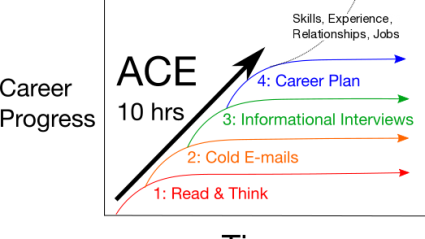

In the world of career development, we often discuss the importance of assessing your skills, values, and interests. Today, we are going to focus primarily on career values because while it is such a priority, it is also an oft overlooked piece of the puzzle.
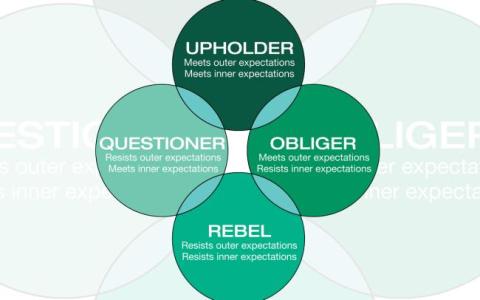
Gretchen Rubin is the author of Better Than Before, a book about creating and maintaining habits. While writing this book, she created four categories of personality as a framework to help explain how individuals respond to both external and internal rules. The Four Tendencies describe how people respond to expectations, including outer expectations (i.e. a deadline, a request from a friend) as well as inner expectations (i.e. starting that new diet, or keeping a New Year’s resolution). Your response to these expectations is what defines your type.
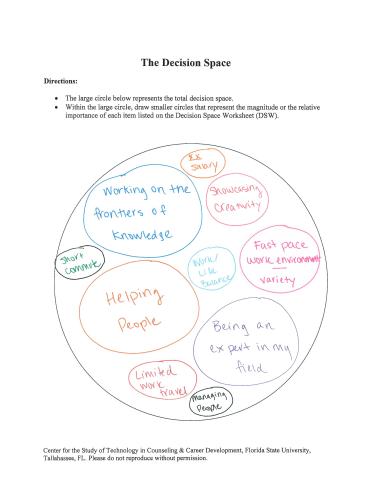
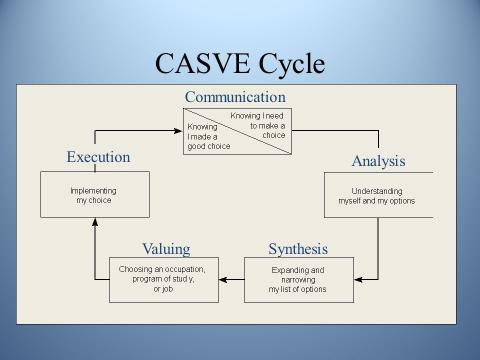
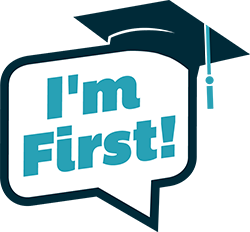
If you are the first in your family to attend college, you may have already experienced some challenges or concerns like: not knowing many contacts in the fields of science or medicine through your circle of family and friends or feeling like an imposter and wondering if you really belong in various professional groups or meetings. You are not alone. Research shows that first generation college students often have concerns like these, but research also highlights many of the strengths which first generation students bring to their lives and careers including:

If you have a Monday through Friday job, then at some point in your career you have probably experienced the “Sunday Blues.” It often starts around Sunday afternoon with a slightly depressed feeling that your weekend is coming to a close. Along with sadness often comes an uptick in your level of anxiety thinking about Monday morning and the week ahead. Sound familiar? Many people think they are the only one who suffers from a feeling of depression/anxiety on Sunday, but this happens to a lot of people…even people who report that they generally like their jobs.

